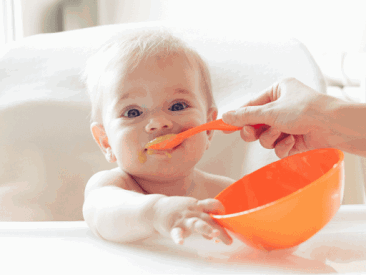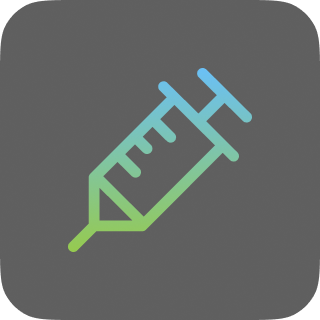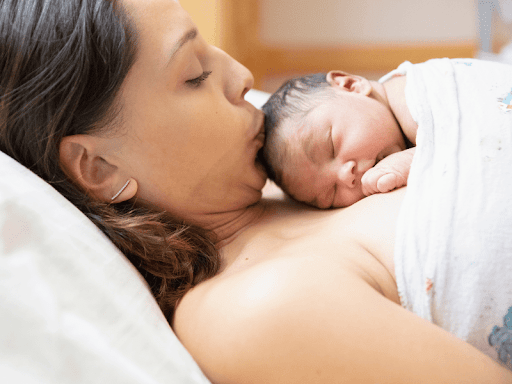Expectant parents might wonder: Can a baby be born with diabetes? A newborn with diabetes is rare, but it is possible. Because of this, parents need to understand what this could mean for their children and be aware of the signs. Read on to learn what you should be looking for to spot diabetes in infants.
The Main Types of Diabetes in Infants
Most of us know the two most common forms of diabetes: type 1 and type 2. Type 1 diabetes often develops in childhood or adolescence. The exact cause of type 1 diabetes is unknown, but genetics play a role. In this form, there is a problem with the body’s insulin production or delivery.
If insulin is not around to help our cells take in glucose for energy, we become weak and feel sick. This type of insulin needs to be provided from an external source, such as an injection.
Unlike type 1 diabetes, type 2 is often preventable and primarily modified by lifestyle choices. It is possible to develop type 2 diabetes in childhood, but uncommon, and good nutrition and exercise can help reduce a person’s risk of developing it.
In type 2 diabetes, the body can make and deliver insulin properly; however, our cells cannot use it efficiently. In this case, taking insulin, in general, would not help much since the problem is not with insulin itself.
Gestational and Neonatal Diabetes
A baby’s risk of developing diabetes is increased if their mother had gestational diabetes while pregnant. Specifically, infants of a diabetic mother are more likely to develop type 2 diabetes. Gestational diabetes also puts mothers at risk of type 2 diabetes in the future. The good news is that gestational diabetes can be eluded by eating healthy food, physical activity, and avoiding high levels of blood sugar.

A lesser-known type of diabetes is neonatal diabetes, which is rare and affects infants. While type 1 diabetes is often diagnosed during childhood, neonatal diabetes is typically diagnosed before a baby is six months old. Neonatal diabetes is caused by a genetic mutation that can sometimes be inherited.
Neonatal diabetes can sometimes be confused with type 1 diabetes since it is also a problem with insulin production. There is a chance that diabetes in newborns can persist, resulting in the children having diabetes their whole lives. Others may have no symptoms after infancy, only to develop diabetes later on.
Symptoms of Diabetes in Infants
It can be challenging to realize the signs of diabetes in an infant. Since diabetes in infants is not common, it is not something their doctor would regularly test for in their well-child visit. It is imperative to pay attention to signs of neonatal infant diabetes so that children can get the care they need quickly.
The signs of neonatal diabetes in infants typically include frequent wet diapers, a large appetite, and dehydration/weight loss. Babies born with diabetes are also often smaller than babies without it, as they may have difficulties growing while still in the womb. This is because their body does not have enough insulin to bring glucose into the cells to promote growth and development.

These symptoms may not seem like a serious health condition is involved. Still, if anything feels slightly off, parents must discuss it with their child’s pediatrician to ensure they can get examined. The only way of knowing a baby has diabetes is by testing their blood or urine. If a parent notices these signs in their child, they need to see their doctor.










